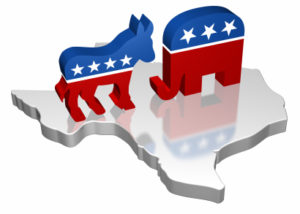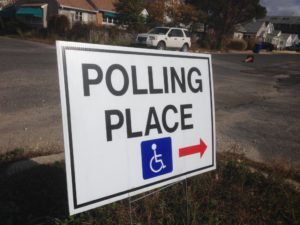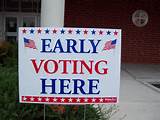It’s time to acknowledge some folks who get damn little recognition during the good times, but they certainly deserve it these days while the nation is struggling in its fight against the coronavirus pandemic.
I refer to polling-place volunteers, the election judges and assorted volunteer staffers who herd voters to the proper places, making us all adhere to safety measures designed to keep us healthy, not to mention alive.
My wife and I voted today in the Texas runoff election. We went to First Baptist Church in Princeton. My wife, one of the most socially conscious people on Earth, brought our masks, our sanitizer and said she was ready to deploy some sanitary wipes if need be.
We donned the masks and entered the room where the voting booths are arrayed.
Everyone was masked. The floors were marked to show us where to stand. I took a step or two too many while waiting for my wife to process through to cast her vote and the lady behind the plastic screen politely asked me to step back; I did what I was told.
They were efficient in the extreme. We received our sheet of scanner paper we inserted into the machine and were given a cotton swab — aka a Q-Tip — to mark the spot on the screen next to the candidate of our choice. Is that sanitary … or what?
Everyone in the room complied with the rules. I didn’t hear a single word of complaint about the masks, about keeping our distance, about the extra precautions we were asked to take while we cast our ballots.
My wife took a moment to thank one of the volunteers for the time they are spending on this sweltering summer day in North Texas to make sure everyone stays healthy.
So I will offer a word of thanks as well to all the election volunteers all over the state. These are trying and difficult times. These good folks have stepped up and answered the call.





